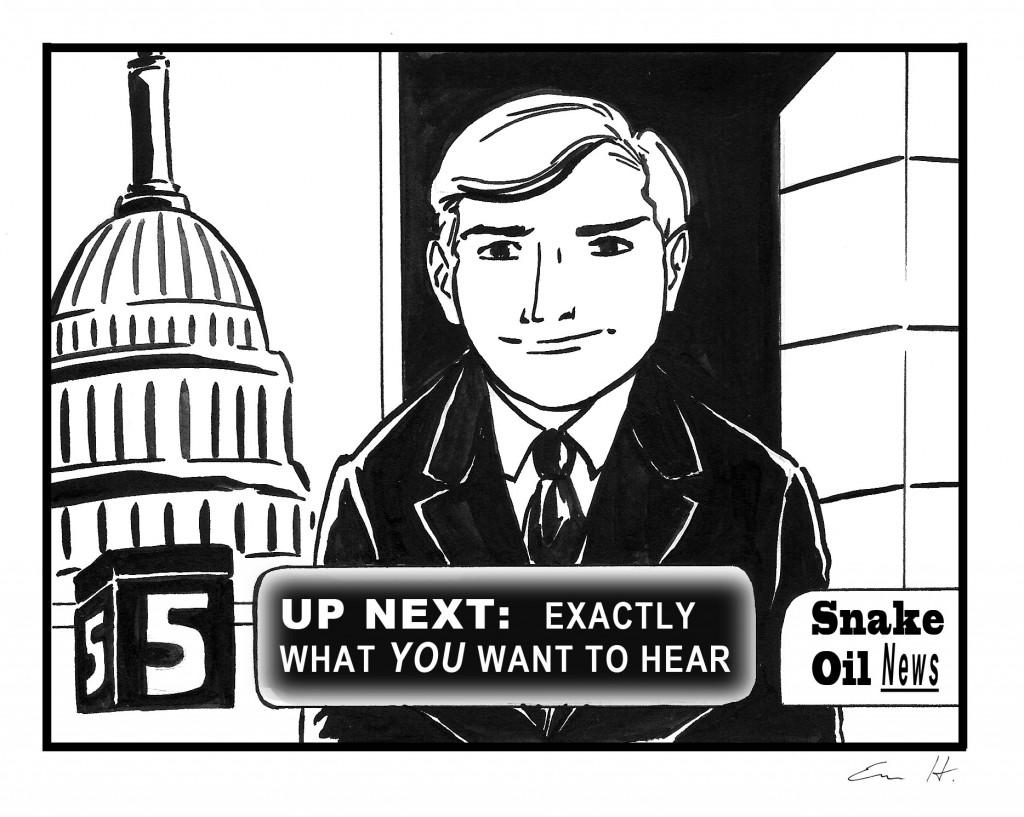By Dylan Bradley/ne news editor
College students living alone are an unsung minority group that doesn’t receive enough recognition, or benefits, especially if they don’t have children and they live in Texas.
Texas has two programs that benefit a single person with no children: the Texas Comprehensive Energy Assistance Program and the Supplemental Nutrition Assistance Program.
CEAP pays the four highest energy bills in a year for low-income households, and SNAP benefits are better known as food stamps.
Assuming a single student works 20 hours a week at minimum wage and brings home a net monthly income of $500, the student would qualify for $39 in SNAP benefits. That’s $9.75 per week.
That means each meal for the week has to cost 46 cents. Hello, ramen!
Meanwhile, if that same single person had one child, the student would receive $197 per month and two children would bag the person $347 per month.
To receive any other benefits in Texas, an individual would need to have a child, be disabled or take care of an elderly relative.
This includes Medicaid (health care assistance strictly for low-income parents of children under 19, pregnant women, living with someone disabled or being over 65) and Texas Temporary Assistance for Needy Families (cash assistance strictly for underemployed, unemployed or soon-to-be-unemployed caretakers of children 19 and under).
So in the state of Texas, a single-person household with poverty-level income can receive $39 per month in food stamps and have its four highest energy bills of the year paid.
Once that person gets pregnant or has a child, that person qualifies for low-cost or free health insurance, cash assistance, higher amounts of food stamps and eight other services — most of which can be received at the same time.
No doubt these people need assistance, but how can we provide them with so much more than the responsible adult furthering his or her education and trying to escape the need for assistance at all?
In the current job market, adults without higher education could easily be doing the best they can at minimum wage 20-40 hours per week regardless of their education plans.
The kicker? If an individual works full-time at minimum wage and makes more than $958 per month in Texas, that worker doesn’t get SNAP benefits at all.

























